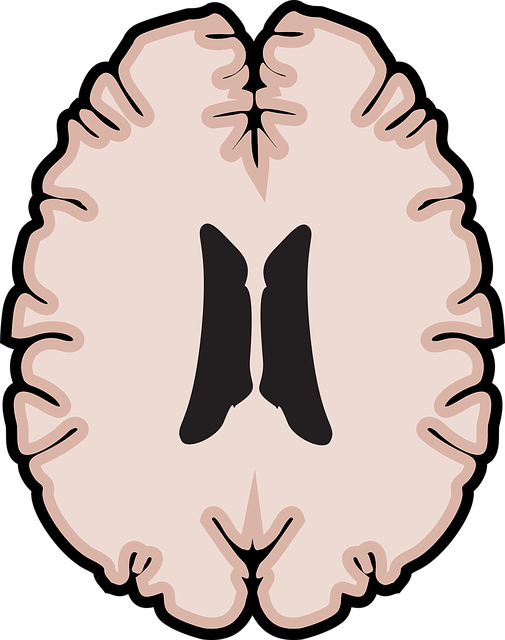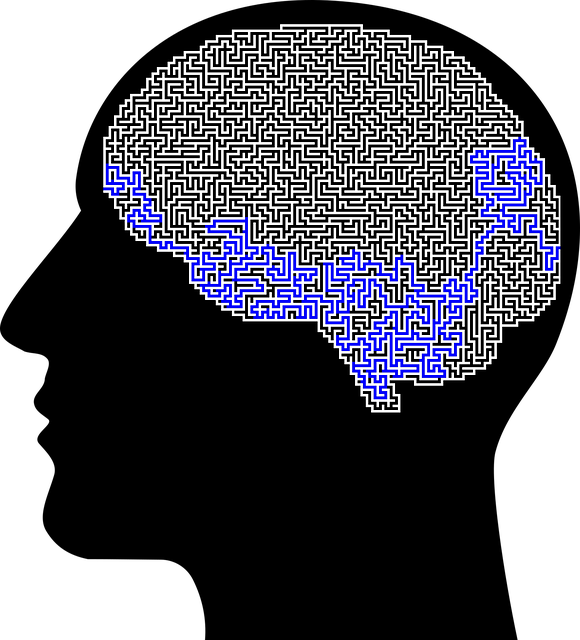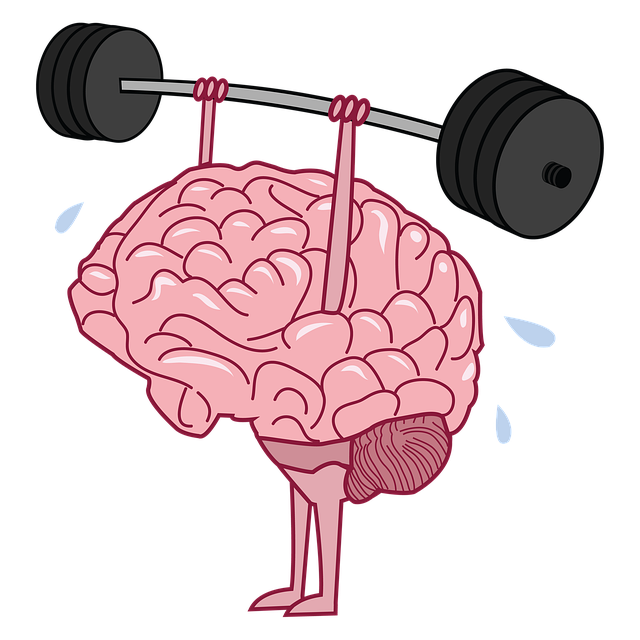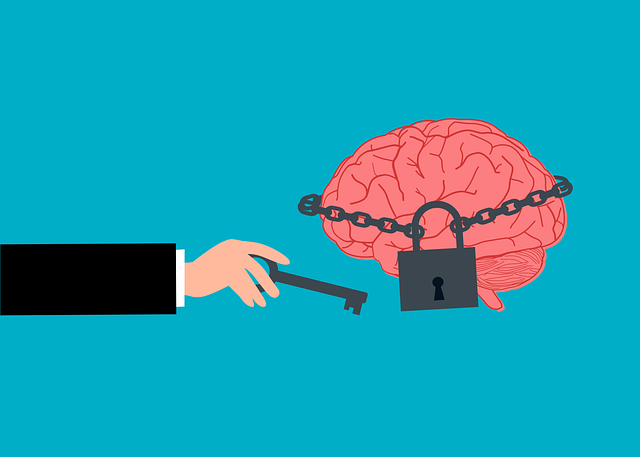Boulder Cognitive Processing Therapy (BCPT) is a powerful approach to managing stress by addressing negative thought patterns and cognitive distortions. This therapeutic method, gaining popularity in the region, teaches individuals to identify and reframe distorted thoughts, improving emotional regulation and overall well-being. By combining mindfulness practices, coping skills development, and self-compassion, BCPT offers effective tools for navigating life's stressors, fostering resilience, and promoting mental wellness.
Stress management is a vital skill in today’s fast-paced world. This comprehensive guide explores various techniques, focusing on the transformative power of Boulder Cognitive Processing Therapy (BCPT). We delve into the intricate nature of stress and its impact on mental health. Through cognitive processing therapy, individuals learn to challenge negative thought patterns and reduce anxiety. The article covers practical strategies, mindfulness teachings, and real-world applications of BCPT, offering valuable insights for those seeking effective stress management tools.
- Understanding Stress: Unraveling the Complexities
- Cognitive Processing Therapy: A Powerful Approach
- Boulder Cognitive Processing Therapy: Techniques and Applications
- Teaching Mindfulness: Empowering Individuals to Manage Stress
- Practical Strategies: Implementing Stress Management in Daily Life
Understanding Stress: Unraveling the Complexities

Understanding stress involves navigating its complex interplay with our thoughts, emotions, and bodily responses. It’s not simply a reaction to external demands but a multifaceted experience shaped by our unique perspectives and past experiences. In today’s fast-paced world, where hustle and bustle is the norm, recognizing the subtle signs of stress – from physical tension to mental fog – becomes crucial for maintaining mental wellness. This awareness allows us to initiate effective stress management techniques, such as those offered through Boulder Cognitive Processing Therapy (BCPT), which focuses on reshaping negative thought patterns and behaviors contributing to chronic stress.
The development of compassion cultivation practices and stress reduction methods plays a vital role in unraveling these complexities. By integrating these strategies into our daily lives, we can foster resilience and enhance our ability to respond – rather than react – to stressful situations. This proactive approach, often supported by Mental Wellness Coaching Programs, not only helps us navigate the immediate challenges but also promotes lasting positive changes, ensuring a more balanced and fulfilling life.
Cognitive Processing Therapy: A Powerful Approach

Cognitive Processing Therapy (CPT) stands out as a highly effective approach to stress management, particularly in Boulder, where it has gained significant traction. This therapy focuses on identifying and challenging negative thought patterns that contribute to heightened stress levels and emotional distress. By teaching individuals to recognize cognitive distortions and reframe them, CPT empowers people to manage their emotions more effectively.
The process involves exploring one’s thoughts, feelings, and behaviors in a supportive environment. Through this introspection, clients learn to regulate their emotional responses, fostering better mood management skills. Moreover, Boulder Cognitive Processing Therapy incorporates compassion cultivation practices, encouraging individuals to cultivate kindness and understanding towards themselves and others, thereby reducing stress and enhancing overall well-being.
Boulder Cognitive Processing Therapy: Techniques and Applications

Boulder Cognitive Processing Therapy (BCPT) is a therapeutic approach that focuses on identifying and modifying negative thought patterns to reduce stress and improve mental well-being. This therapy, named after its origin in Boulder, Colorado, has gained recognition as an effective method for various mental health concerns. By challenging cognitive distortions, BCPT empowers individuals to develop healthier perspectives, leading to better coping mechanisms.
In the context of healthcare, where Burnout Prevention Strategies for Healthcare Providers are increasingly essential, BCPT can be a valuable tool. It aids professionals in managing stress related to demanding work environments and fosters cultural competency through understanding the impact of thoughts on emotions and behaviors. This therapy is integrated into Mental Health Education Programs Design to teach students how to recognize and change unhelpful thought cycles, promoting resilience and self-care.
Teaching Mindfulness: Empowering Individuals to Manage Stress

Teaching mindfulness is a powerful tool in empowering individuals to manage stress effectively. It involves training the mind to focus on the present moment, cultivating awareness of thoughts and emotions without judgment. Through practices like meditation and deep breathing exercises, individuals learn to observe their stress responses and gradually develop a greater sense of calm. This technique, similar to Boulder Cognitive Processing Therapy, encourages a more adaptive approach to challenging situations, fostering resilience and emotional intelligence.
By integrating mindfulness into daily routines, students can enhance their ability to navigate stressors. Empathy-building strategies, combined with self-care routine development for better mental health, become integral parts of this process. Resilient individuals are better equipped to handle life’s demands, ensuring they approach stress as a manageable challenge rather than an overwhelming obstacle.
Practical Strategies: Implementing Stress Management in Daily Life

Incorporating stress management techniques into daily life is essential for maintaining mental wellness, and Boulder Cognitive Processing Therapy (BCPT) offers valuable tools to achieve this. This evidence-based therapy focuses on identifying and changing negative thought patterns that contribute to stress and anxiety. By learning to challenge these distorted thoughts and replacing them with more realistic and positive ones, individuals can effectively manage their stress levels. BCPT encourages active engagement in coping skills development, enabling people to face stressful situations head-on.
Practical strategies taught through this therapy include mindfulness exercises, relaxation techniques, and effective time management. These simple yet powerful tools help individuals navigate the chaos of daily life and foster better mood management. Coping Skills Development is not just about learning new techniques; it’s about empowering oneself to make positive changes and create a personalized toolkit for stress reduction. The Mental Wellness Podcast Series Production can further enhance these practices by providing accessible resources and community support, ensuring that anyone can access these valuable coping mechanisms.
In conclusion, managing stress effectively is a crucial aspect of holistic well-being. By delving into various techniques like Cognitive Processing Therapy and mindfulness practices, individuals can navigate life’s challenges with resilience. The article has explored diverse approaches, including the unique benefits of Boulder Cognitive Processing Therapy, to empower people in their journey towards reduced stress levels and improved mental health. These strategies offer a comprehensive toolkit for anyone seeking to revolutionize their stress management, fostering a more balanced and peaceful mind.














